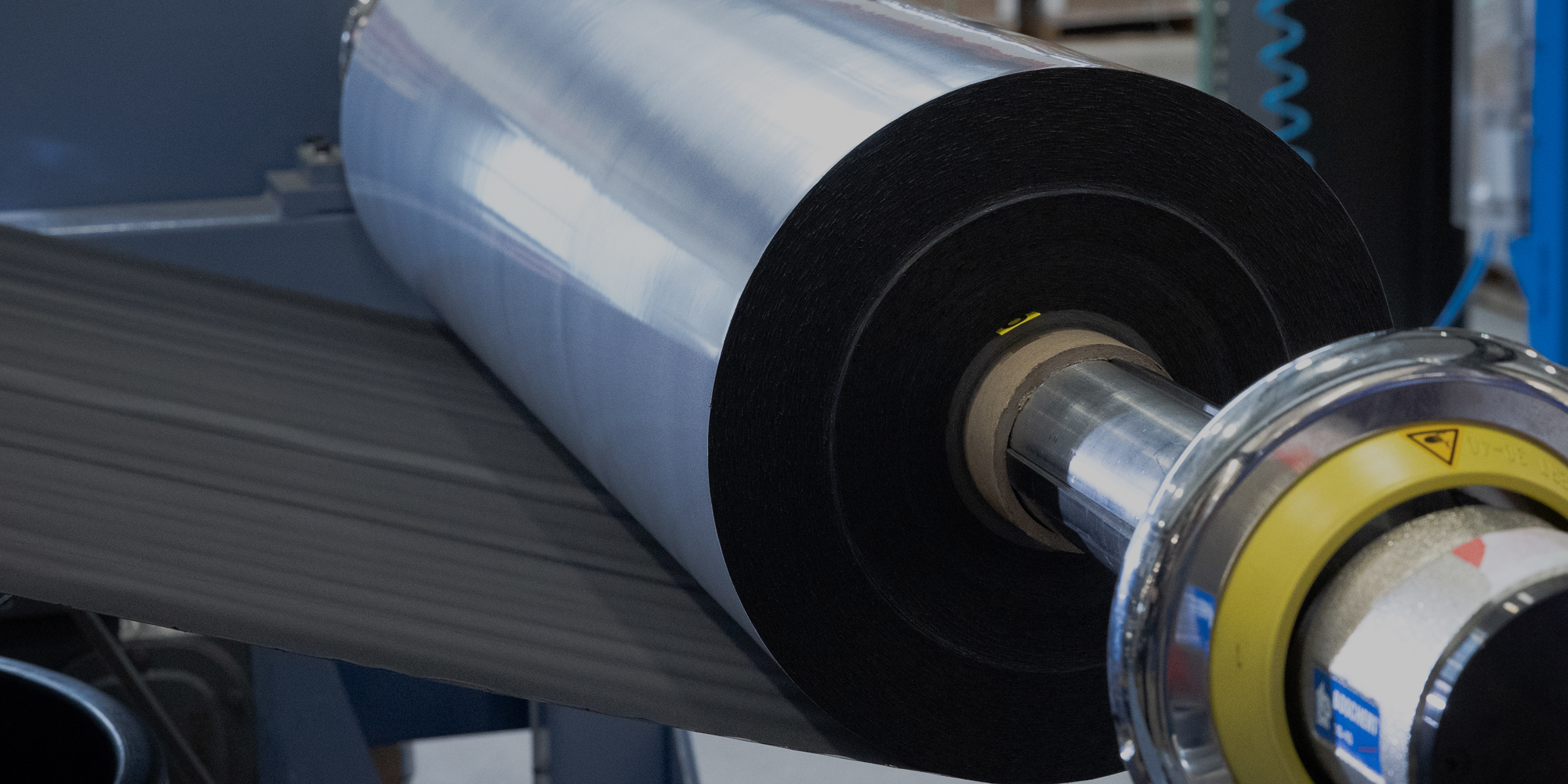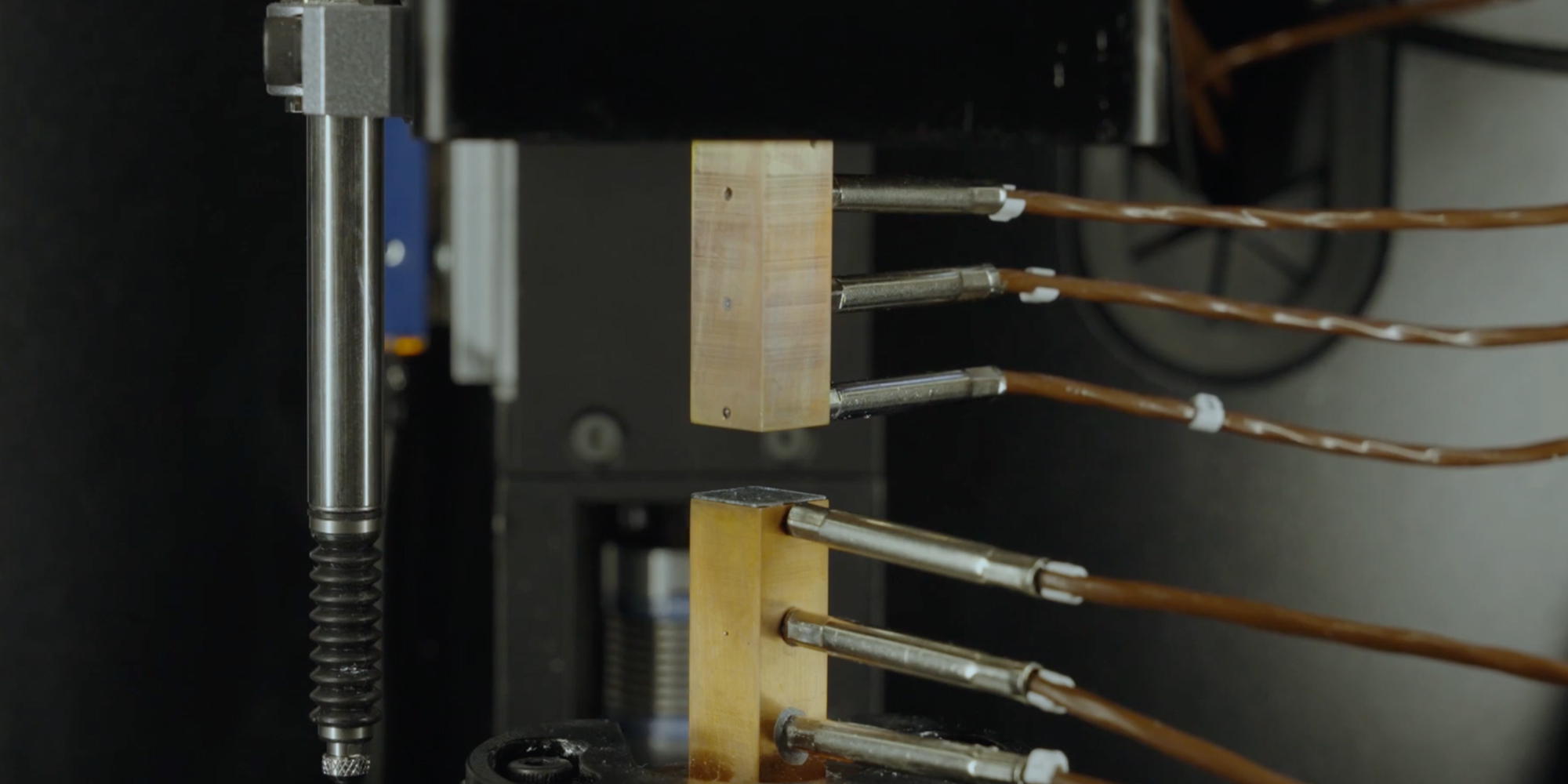Boston Materials created a new class of materials for energy transfer. Using vertically aligned carbon fiber technology, these materials are designed to overcome key limitations in three major areas: electronics cooling, vehicle lightweighting, and electrification.
As the heat, structural, and electrical demands on devices and vehicles continue to increase, traditional materials are struggling to keep up. This has created massive, multi-billion-dollar design limitations and inefficiencies. A versatile and scalable new materials platform optimized for energy transfer is needed.
Boston Materials has commercialized a breakthrough thermal interface material (TIM) that provides a 5 to 8°C thermal benefit to kilowatt-scale AI chips. This cooling enhancement can reduce AI data center energy footprint by 5% and substantially reduce water consumption.

